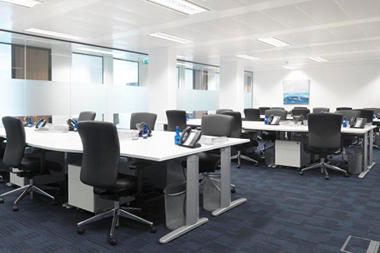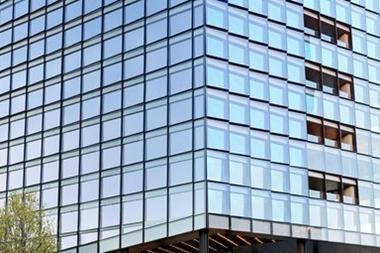Having been around the block a few times I am always aware that, as Bob Dylan put it, “The times they are a changin’”.

On this basis, in my January board paper, before Covid-19 was on the horizon, I challenged myself and the Helical board to address whether offices might suffer the same dramatic falls in value being seen in retail. We concluded that conditions in the two markets were different.
Then the dreadful Covid-19 arrived and at the end of March we were all forced to work from home. By the end of April, the view among some business leaders was that the office had become superfluous as they could run their organisations from the comfort of their well-equipped study in their big house.
On this basis, why will offices not suffer the same decline as retail? The main problem with retail is the massive oversupply of space over the past few years. This of course correlates to an equally large fall in rents, or at least in what retailers can afford to pay for their space.
This oversupply is not caused by what we would call traditional retail but by massive warehouses in excess of 500,000 sq ft being built up and down the country. These warehouses should be thought of in terms of cubic feet – their height allows them to accommodate many layers of racking.

We do not visit these new “shopping centres” physically but online. As online sales increase, accelerated by lockdown, so does the oversupply of traditional high street and shopping centre retail units. Valuations have fallen dramatically, as illustrated by the fall of intu, which had a market capitalisation of £4.82bn five years ago.
In the retail market, the scale of online warehouses has killed the traditional retail store, but will the reverse happen in offices, with headquarters of tens or hundred thousands of square feet being replaced by the bedrooms, kitchens and living rooms of the individual employees of these businesses ?
Loss of team spirit
I believe the shortcomings of working from home (WFH) are so significant that the experiment will be short lived. Mass WFH has led to a 20% fall in GDP, a loss of team spirit and corporate culture, and breaches of data and confidentiality have increased. It has made it more difficult to share ideas, motivate others and there is a lack of “buzz”.
With WFH, the less experienced are not able to learn from the more experienced and it will be harder to hire and integrate new employees.
The office is a key part of the social life of many people, particularly younger workers, and loneliness and mental health issues are increasing. How many homes have sufficient space and are properly equipped for WFH? Surely the same health and safety considerations should apply wherever people work.
ESG is another buzzword for 2020, with ‘social value’ having risen to the fore. How many big occupiers promoting WFH mistakenly think it is in the long-term interests of their employees? Or it is just the cheaper option? Have they considered the financial impact on small businesses that support them around their offices as they continue to let staff WFH?
While the Rolling Stones new single Living in a Ghost Town describes the current state of London, when we all stop cowering under the shadow of Covid-19 the “a changin’“ office – and London – will re-emerge with new vigour.
Gerald Kaye is chief executive of Helical





























No comments yet